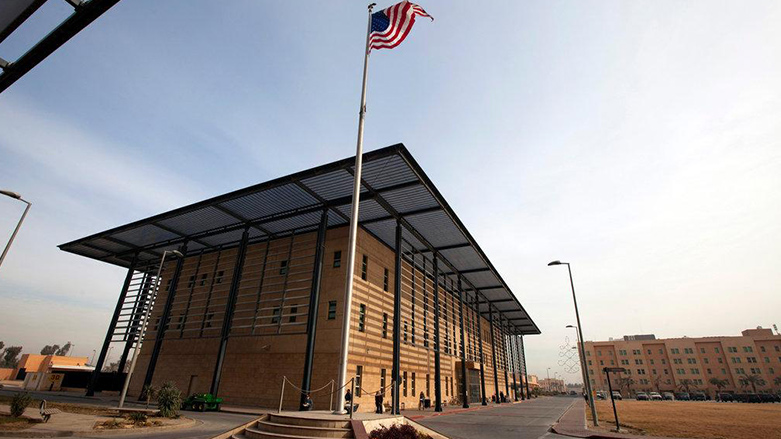New US Ambassador to Iraq

WASHINGTON DC (Kurdistan 24) – The White House announced on Wednesday that President Donald Trump will be appointing a new ambassador to Iraq: Matthew Tueller, currently the US ambassador in Yemen.
Tueller will replace Douglas Silliman, who has been the top US diplomat in Baghdad since 2016.
Under Silliman, the US embassy, along with Special Presidential Envoy to the Coalition against the Islamic State, Brett McGurk (who extended that portfolio to include Iraq’s political future), have come under strong criticism for their accommodation of Iran’s extensive role in Iraq.
On Friday, Mithal al-Alusi, a former Iraqi parliamentarian and head of the Umma party, addressed the annual conference in Washington of the scholars of the Association for the Middle East and Africa.
A Sunni Arab of strong liberal convictions, Alusi harshly criticized “the people who represent your country in the embassy and Mr. Brett McGurk” for accommodating Qasim Soleimani, who heads the Quds Force of Iran’s Islamic Revolutionary Guard Corps (IRGC) and who has long been Iran’s point man in Iraq.
He complained that Iran had rigged Iraq’s last elections, but, nonetheless, two hours after the polls closed, “We heard the first statement from the State Department,” Alusi said.
“Thank you Iraqis, you are democrats. Thank you, thank you, thank you,” he continued—as if voting alone made for democracy.
“With all respect to Mr. Brett McGurk and the ambassador and all of the embassy staff, if we continue to have the same people, they will continue to make the same mistakes,” Alusi warned.
Coming from Yemen, Tueller has his own experience with Iran, which supports the Houthi rebels in the country. Until recently, the US has said little that was critical of the Iranian-backed militias in Iraq, but it has been strongly critical of them in Yemen.
Also on Wednesday, Brian Hook, US Special Representative for Iran, highlighted the risks that companies and countries will face if they continue trading with Iran in violation of US sanctions.
Hook noted that 80 percent of Iran’s income comes from the export of oil, as he explained that US sanctions cover crucial aspects of that trade.
The sanctions include the provision of insurance to Iranian tankers and their cargo. “Knowingly providing these services to sanctioned Iranian shipping companies will result in the imposition of US sanctions,” Hook said.
He noted that oil spills can be “extremely costly,” and Iran’s safety record is poor.
Last January, an Iranian oil tanker carrying one million barrels of fuel collided with another ship in the East China Sea.
The collision “caused an oil spill the size of the city of Paris,” and the liability for the accident will run into “hundreds of millions of dollars,” he affirmed.
Hook also reported that Iranian tankers, in violation of international maritime law, are increasingly switching off their transponders, which show their location and help prevent accidents.
“Our strong message to any entity considering doing business with these Iranian tankers,” he concluded, “is to rethink your decision.”
“Protect your port, protect your business, and promote maritime safety.”
Editing by Nadia Riva
